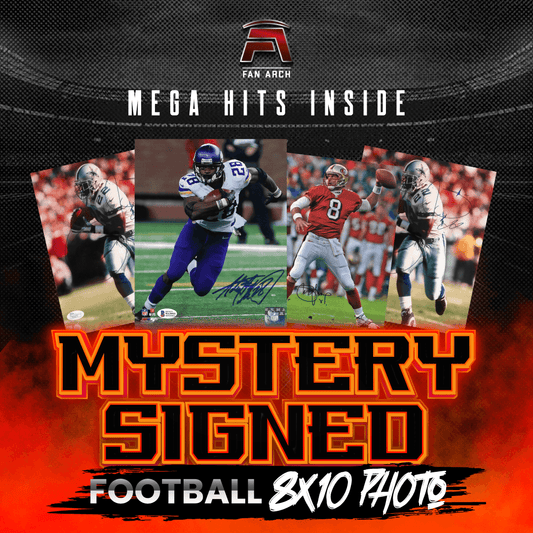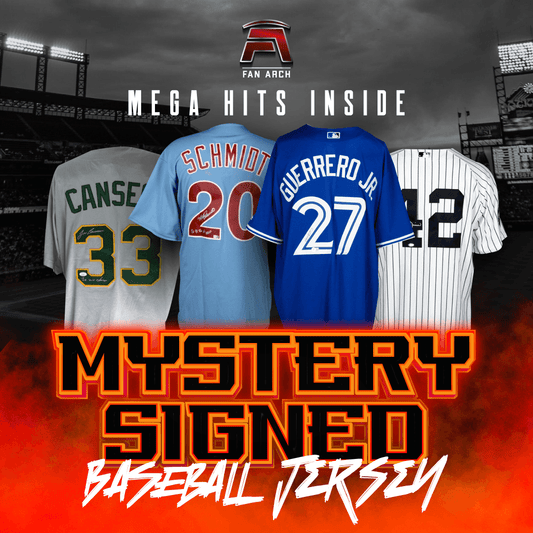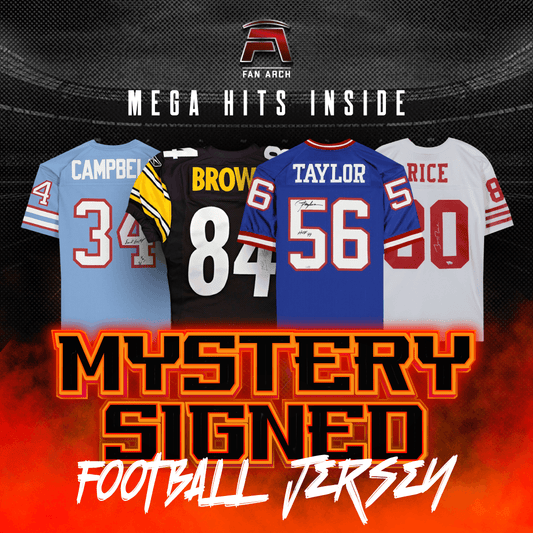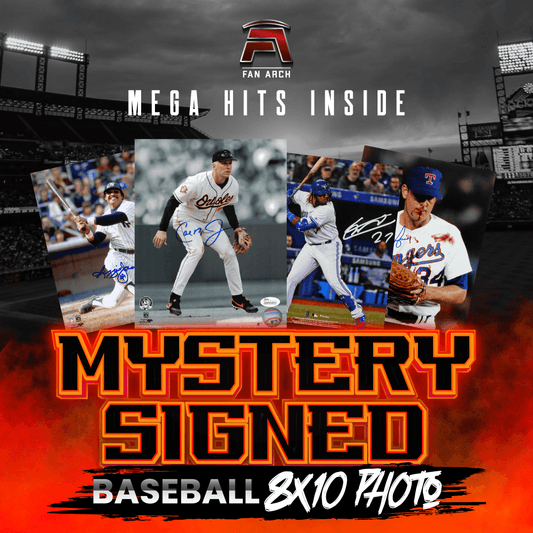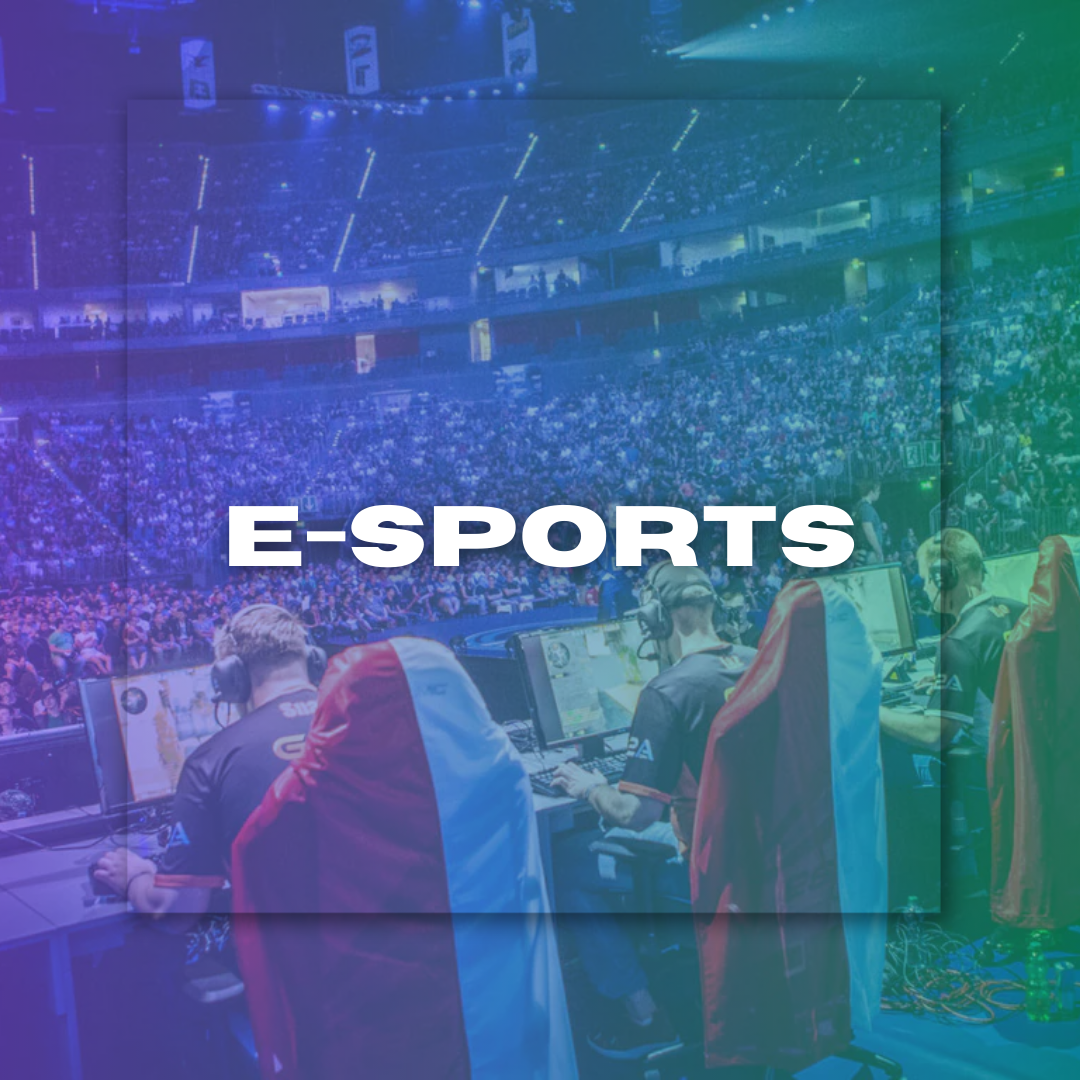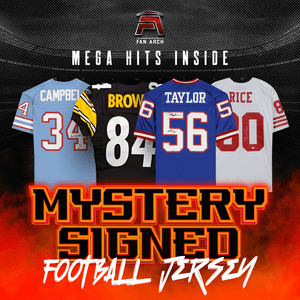
The Designated Hitter Rule in Baseball: A Blessing or a Curse?
The Designated Hitter Rule in Baseball: A Blessing or a C...
By Edcel Panganiban August 19, 2024 22:39
The debate on the designated hitter (DH) in baseball has been around for a long time. Supporters say it speeds up the sport by helping to generate offensive production; critics counter that such systems compromise many traditional elements of baseball. In this post, we will delve into the history and implications of what is known as the designated hitter (DH) rule, how it originated in MLB, its effects on baseball, both positive and negative or otherwise, and where discussions regarding either changing or having a DH remain today.
History and Origins of the DH Rule
Designated hitter' is not a new term; its origin is back in the late 19th century. According to the Sports Reference, Legendary Philadelphia Athletics manager Connie Mack developed it in 1906. We saw the logical conclusion of managers of 110 years ago coming up with replacements for their weak-hitting pitchers. Nonetheless, he could not find support for this initiative at that moment.
The last few years of the 1960s saw a statistically significant decrease in Major League Baseball (MLB) offense, including sub .300 league-wide on-base percentages and recorded ERAs well below any now. During 1968, the league batting average dipped below. 1908, it will reduce the run-scoring and overall game excitement. This led to the American League (AL) introducing a DH rule in 1973, which allowed teams to use another player, The Designated Hitter (DH), who would bat for their pitcher and not play on defense.
The rule was first implemented to try and increase offensive production, largely dominated by pitchers during this period. The American League (AL) adopted the rule, but its struggle to enforce it resulted in a split system between how each major league managed to play. The NL designated the DH rule as "optional," allowing clubs to institute it.
Gameplay and Strategy Changes
Lineup Construction
With the ability to use a DH, teams could craft their lineup more around offensive prowess. Managers could insert a big bopper who might not be able to fill the running job because of his age or an injury, or simply put; he can't play defense. For example, defense could be substituted for offense and vice versa, so teams tended to max out their offensive capabilities, thus leading to higher run totals and more fun games.
Pitching Rotations
The DH rule also changed pitching strategies. In the NL, managers often had to choose between having their pitcher hit or using a pinch hitter for them and being faced with a tactical move that could change the game's trajectory. On the flip side, by having a DH for themselves to worry about only their pitching duties and not take away at-bats from pitchers, they were tasked with preserving hitters in some cases, which could lead to better performance on the mound.
Offensive Versus Defensive Thinkers
Offensive Production
Advocates of the rule also note that offensive production has gone up under it. The DH naturally allows teams to utilize its best hitters who may be deficient in defensive skills. For example, the DH role has expanded careers for players like David Ortiz and Edgar Martínez; these hitters no longer had to play defense, which kept them fresh regarding their hitting skills. The statistics indicate that by adding DH, coaches have made their AL teams better hitters on average than National League squads.
Impact on Pitchers
Opponents argue that it takes something away from the game by reducing the importance of pitchers. In days gone by, pitchers were required to pitch and hit or, more like, knew they had no choice but to play competently on both sides of the ball if they wanted substantive playing time. The DH rule splits the roles, reinforcing its stigma as a one-dimensional crutch for an inflexible pitcher. Additionally, this change has altered the way pitchers approach games because they do not have to spend time hitting in practice and can simply work on making tweaks to their pitching mechanics.
Debate Around the DH Rule
Proponent's Arguments
More Offense: Supporters point out that the DH rule creates more runs, which benefits fans of higher-scoring games. Another formidable bat in the lineup without sacrificing defensive capabilities is viewed as a major plus.
Long Careers: The ability for a player to produce as a designated hitter has allowed some players who may not have prospects defensively, namely catchers and first basemen, create a chance at an extra few years of production in their major league career.
Strategy: Proponents of the DH rule argue it changes some of what managers may need to do regarding how they will weigh their hitters and pitchers.
Opponent's Arguments
Those who oppose this view cite baseball's history and state that it goes against tradition to have all players on both sides play defense while, generally, only nine play offense. Many see the split as a departure from the sport's roots.
Passive Game: Critics argue that the DH rule eliminates a limited subset of decisions left for field managers since there is less need for pinch-hitting or double-switch strategies, as seen in some NL circles. This can result in a more passive game.
Asymmetry in the Game: The system of one league having a DH and not the other balances each half but still causes an imbalance, leading to different types plus strategies from club to club on how they are built.
Possible Evolution or Extermination
Some talking heads have pointed to a possible hybrid model that would permit clubs the option of employing the DH under certain circumstances and then require pitchers or replacement relievers to bat in others. Such a change would preserve the old aspects of the game for history while catering to an era in which offenses have become even more important.
There is No doubt about this. The designated hitter rule has changed the landscape of baseball forever, and there appear to be PROS/CONS that have been discussed all the time. It has intended to produce more offense and lasting careers for many, but it has also been a pet peeve of those traditional roles in the game. While baseball evolves and future fans change the way they love this game, the DH rule will continue to be a major talking point among those in charge of said evolution. The DH rule has become a blight or boon on baseball history; it has irrevocably altered the state of play in America's favorite pastime.
LATEST
- NEWS
- |
- ARTICLES
- |
- VIDEOS




